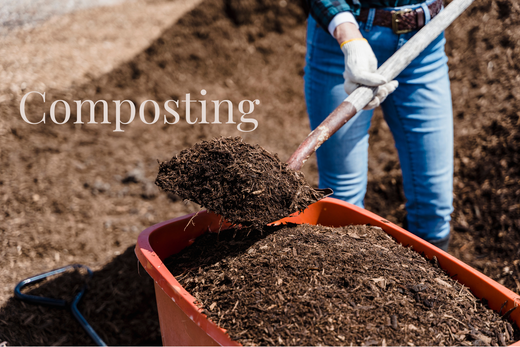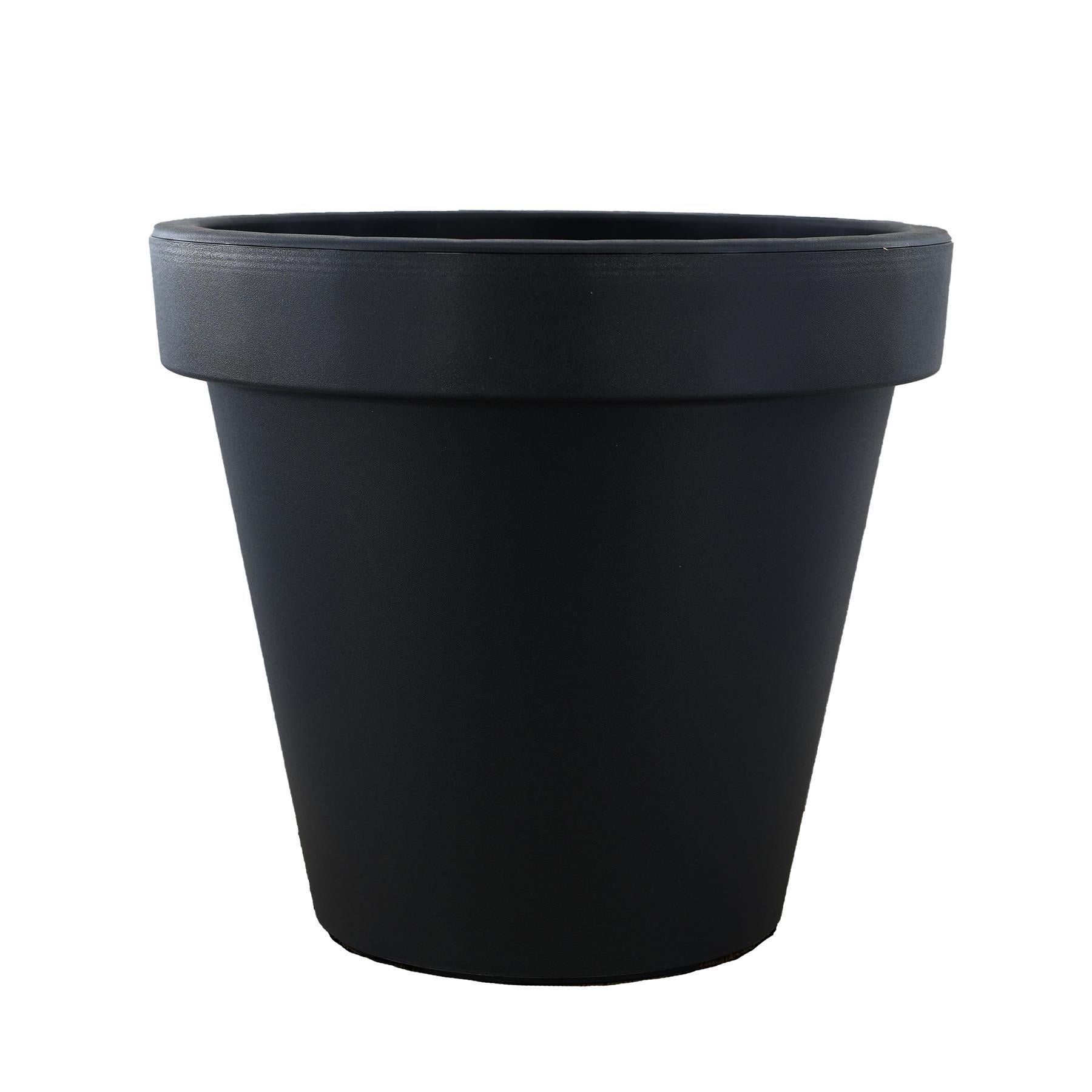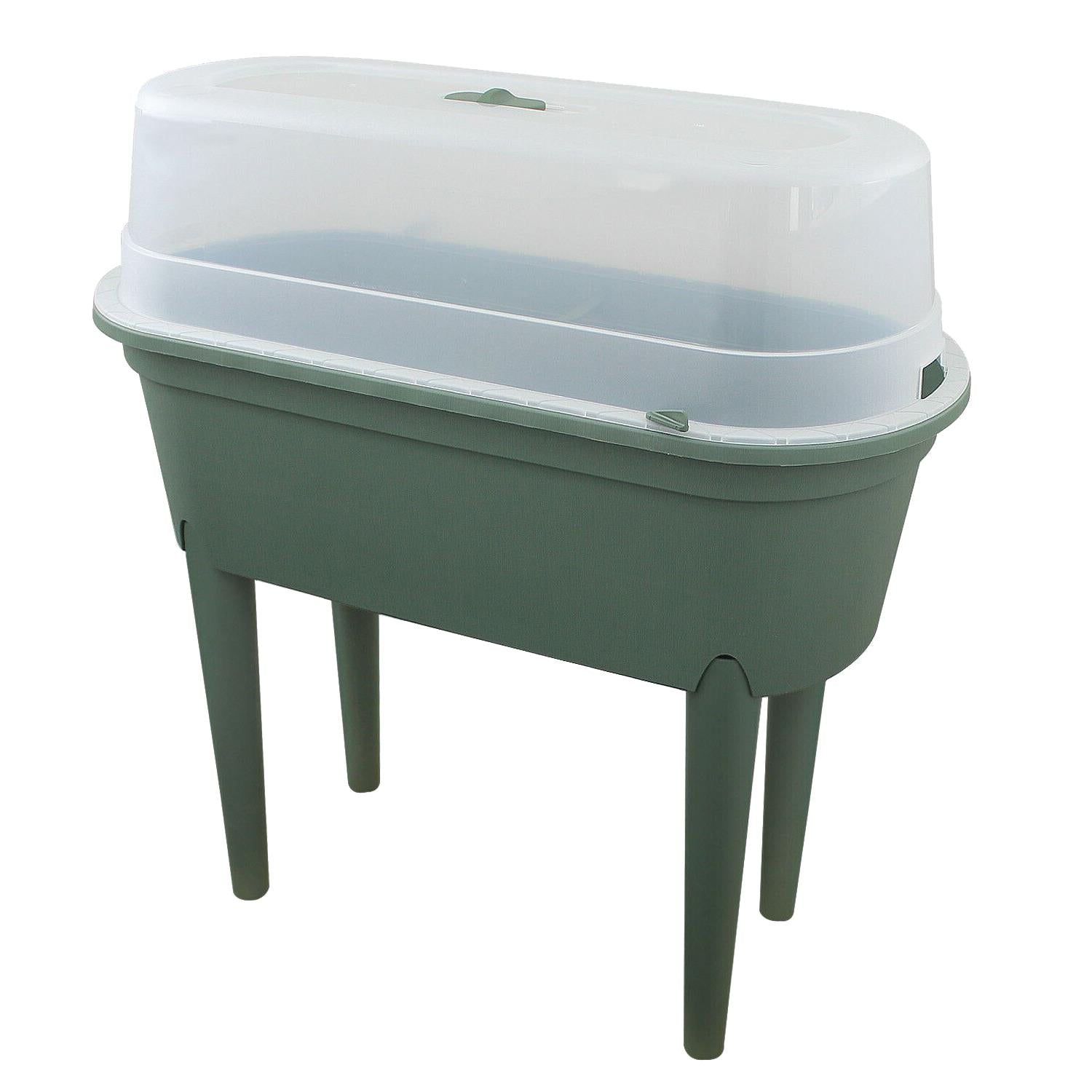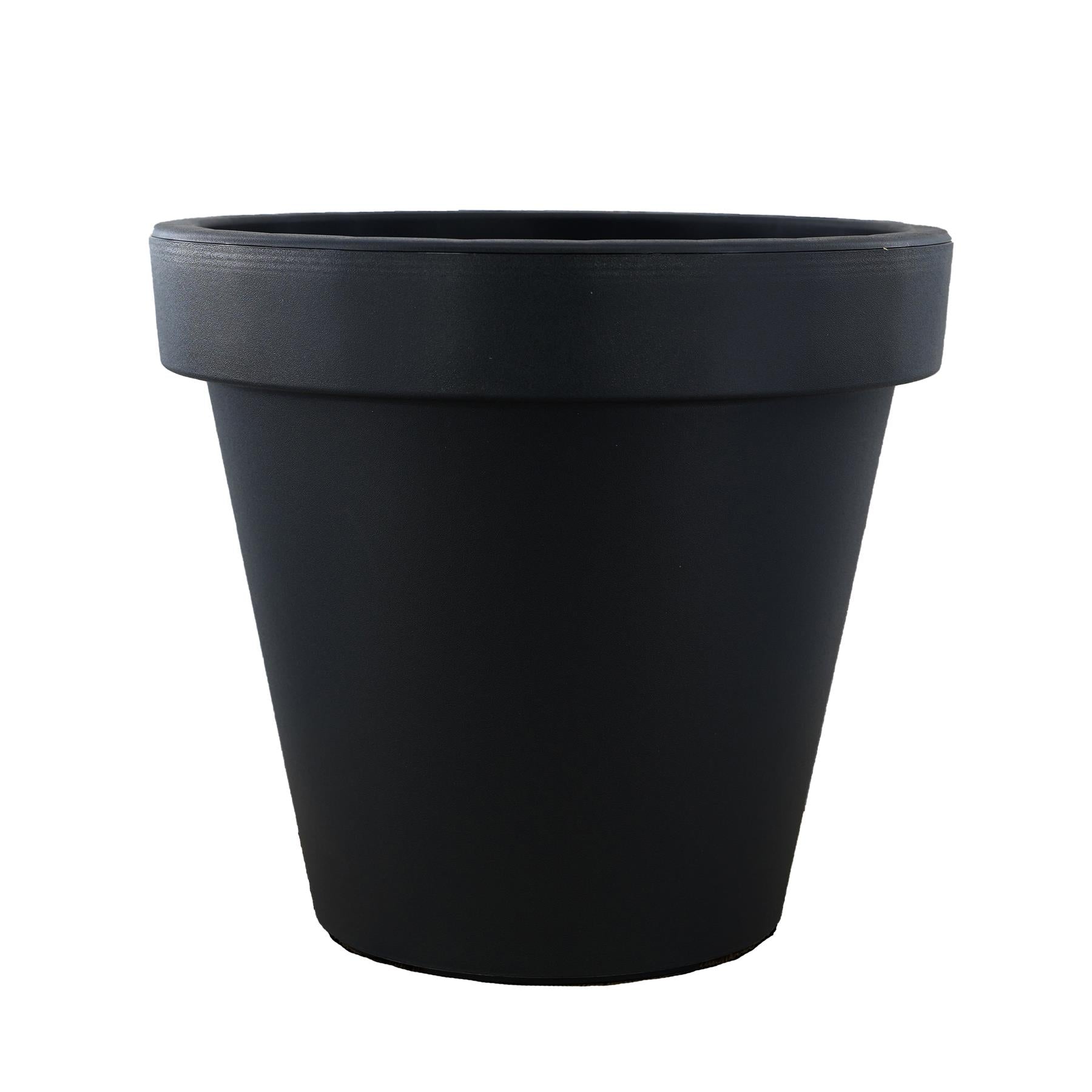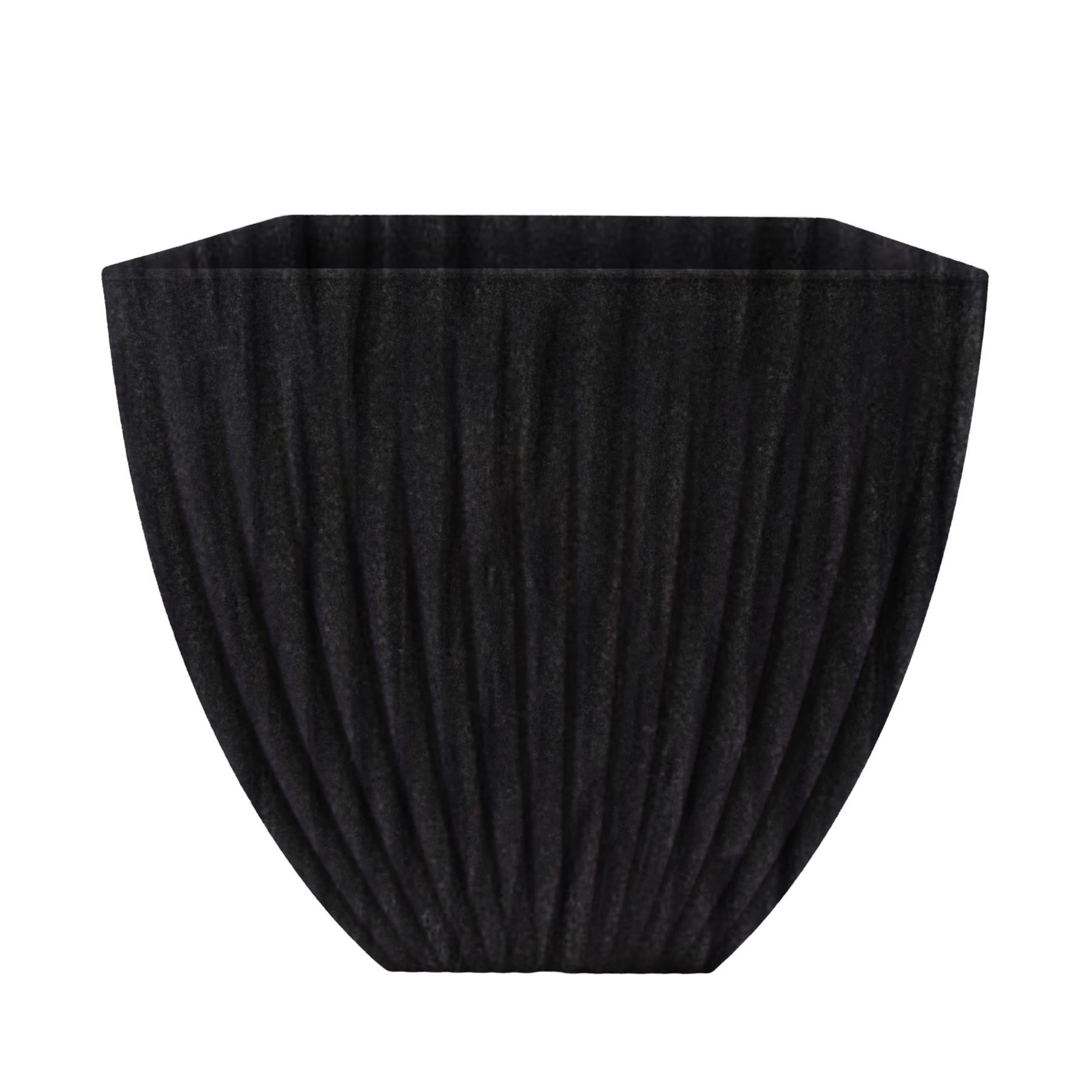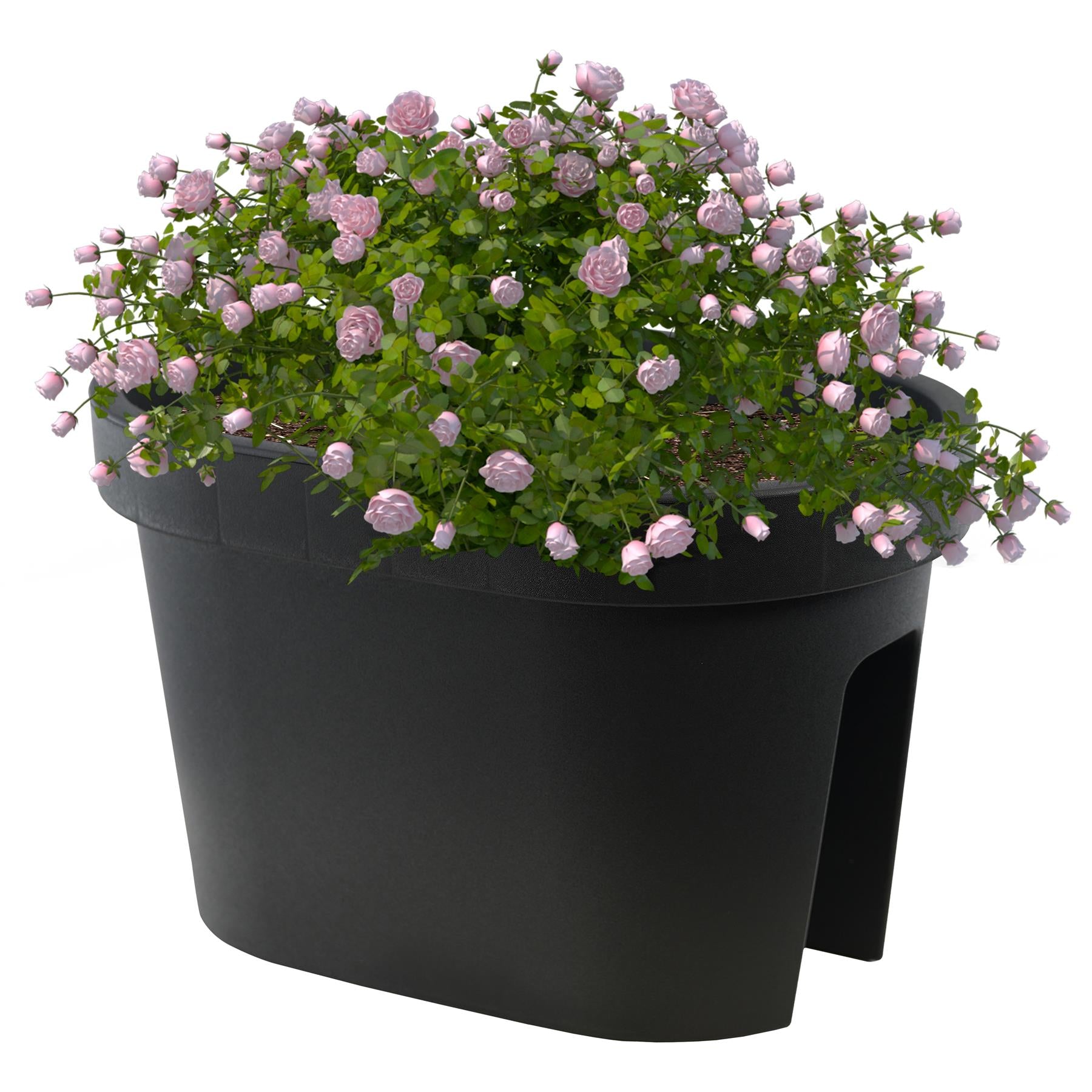Composting is an excellent way to give back to the environment while simultaneously reducing your carbon footprint. By creating your own compost pile, you can reduce waste, save money on fertilizers, and enhance the overall health of your garden or allotment.

Composting is the process of breaking down organic materials into a nutrient-rich fertilizer that can be added to soil to improve plant growth. The process is natural and easy to do, but there are some common mistakes to avoid to ensure you get the most out of your compost pile.
-
Watch out for meat and dairy products
While many organic materials are suitable for composting, it's important to avoid meat and dairy products. These types of materials can attract pests and create unpleasant odors. Additionally, meat and dairy can contain pathogens that are harmful to humans and animals, making it important to avoid adding these materials to your compost pile.
-
Layer your compost properly
Properly layering your compost is essential for creating a nutrient-rich fertilizer. Start by creating a base layer of brown materials, such as dry leaves or wood chips. This layer will help to absorb excess moisture and create airflow, which is important for the composting process. Then add green materials, such as vegetable scraps or grass clippings, followed by another layer of brown materials. Repeat this process until the compost pile is at least three feet tall.

-
Size Matters
Chop up your compost materials into small bits to speed up the composting process. Small bits allow for increased surface area, which allows for greater oxygen and water flow, which ultimately leads to quicker decomposition. A good rule of thumb is to chop your materials into pieces that are no bigger than an inch.
-
Composting meat is possible
While it's generally recommended to avoid adding meat to your compost pile, it is possible to do so. To compost meat, make sure it is cut into small pieces and buried deep within the compost pile. Cover the meat with a layer of brown materials to help reduce the risk of pests and odor.

-
Proportions are important
When using your finished compost, it's important to pay attention to the proportions you use in your garden. Adding too much compost can lead to overstimulated plants that may not root properly, while not adding enough can lead to poor plant growth. A good rule of thumb is to use no more than 25-50% compost in your garden soil.
In conclusion, composting is a simple and effective way to reduce your carbon footprint and enhance the overall health of your garden. By avoiding common mistakes such as adding meat or dairy, properly layering your compost, chopping your materials into small bits, and paying attention to proportions, you can create a nutrient-rich fertilizer that will benefit both your plants and the environment. So go ahead, start composting today, and watch your garden flourish!

